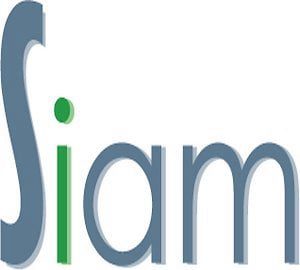New CLP hazard classes in IUCLID

Image: PxHere
New CLP hazard classes in IUCLID – Following the amendment to the Classification, Labeling and Packaging (CLP) Regulation, companies will soon be able to start adding information on new hazard classes to their IUCLID dossiers.
April 9, 2024 – The new hazard classes for the classification, labeling and packaging of substances and mixtures will be added to the IUCLID software from April 29, 2024. These are:
- endocrine disruptors (ED) to human health or the environment;
- persistent, bioaccumulative and toxic (PBT); very persistent and very bioaccumulative (vPvB);
- persistent, mobile and toxic (PMT); very persistent and very mobile (vPvM).
Different transition periods
Companies can start to include information on these hazards when they submit dossiers to ECHA under the CLP, REACH and Biocidal Products Regulations.
Different transition periods apply for substances and mixtures. After the expiry date, companies must indicate how their substance or mixture is classified according to the new hazard classes when submitting information to ECHA.
No changes, completeness check
There are currently no changes to the completeness check of REACH registrations with regard to the new hazard classes, but the IUCLID validation wizard reminds companies to enter this data as soon as it is available. ECHA is also updating the dossier preparation manuals with advice on the new IUCLID fields.
Expansion of the chemicals database
ECHA’s recently launched chemical database, ECHA CHEM, will be expanded in autumn 2024 to include the redesigned classification and labeling inventory, which will also include the new hazard classes.
Guidance on the new hazard classes will be available later this year.
More information on
- IUCLID
- New CLP hazard classes – including overview of transition periods
- Webinar on IUCLID changes on May 16th
- Instructions
Source: ECHA
Also read: Highlights of the RAC and SEAC meetings this spring
Reservation
This information has been compiled with the greatest possible care, in some cases from different information sources. (Interpretation) errors are not excluded. No legal obligation can therefore be derived from this text. Everyone dealing with this subject has the responsibility to delve into the matter!
